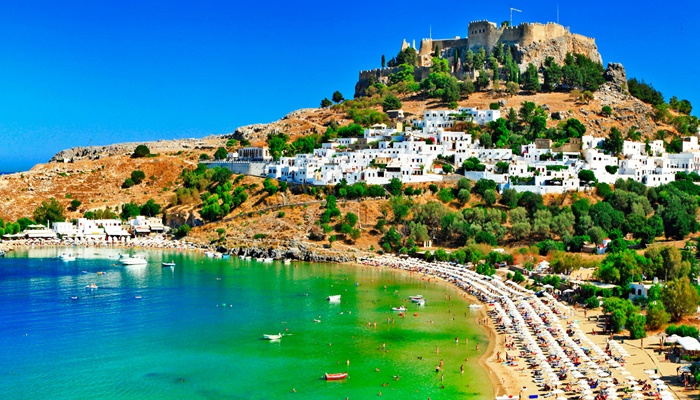A growing number of Turkish university professors and businessmen, who are targeted in an ongoing witch-hunt against the faith-based Gulen movement, are seeking political asylum in Greece, according to a story in The Wall Street Journal on Thursday.
The Wall Street Journal’s story said seven Turkish citizens arrived in Greece late Wednesday in the city of Alexandroupolis and on the island of Rhodes requesting asylum, citing senior Greek officials.
A couple, both university professors, along with their two children, arrived in the northern city of Alexandroupolis, close to the Turkish border, possibly crossing the Evros river by boat, while another three people, who said they are Turkish businessmen landed on the southeastern Aegean island of Rhodes, The Wall Street Journal said.
Greece faces a delicate balancing act as it confronts the spillover of Turkey’s mid-July failed coup on its territory.
Turkey survived a military coup attempt that killed over 240 people and wounded a thousand others, on July 15. Immediately after the putsch, the government along with the President Recep Tayyip Erdoğan pinned the blame on the Gülen movement without credible evidence.
Some 82,000 people have been purged from state bodies, nearly 40,000 detained and 20,000 arrested since the coup attempt since the coup attempt. Arrestees include journalists, judges, prosecutors, police and military officers, academics, governors and even a comedian.
On July 16, the morning after the failed coup attempt, eight Turkish officers who supported the coup fled to Greece requesting asylum.
Turkey’s government has requested the rapid extradition of the men it has described as “traitors” to face charges of trying to overthrow the democratic constitution.
The eight officers, who hold ranks up to that of major, say they fear for their lives if they are returned to Turkey.
If Greece’s asylum service rejects their claims, they could apply first to an asylum appeals board and then resist their removal in higher Greek and international courts.
The European Court of Human Rights could block their extradition or deportation if it believes their lives would be in danger, Greek officials say.



